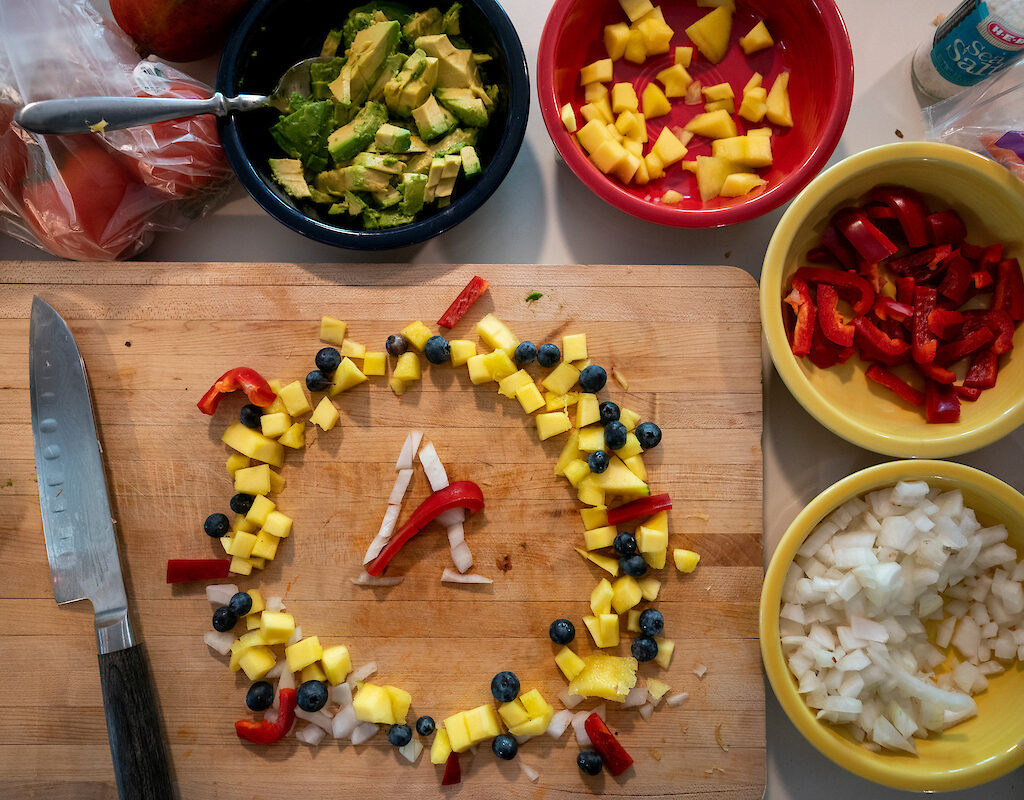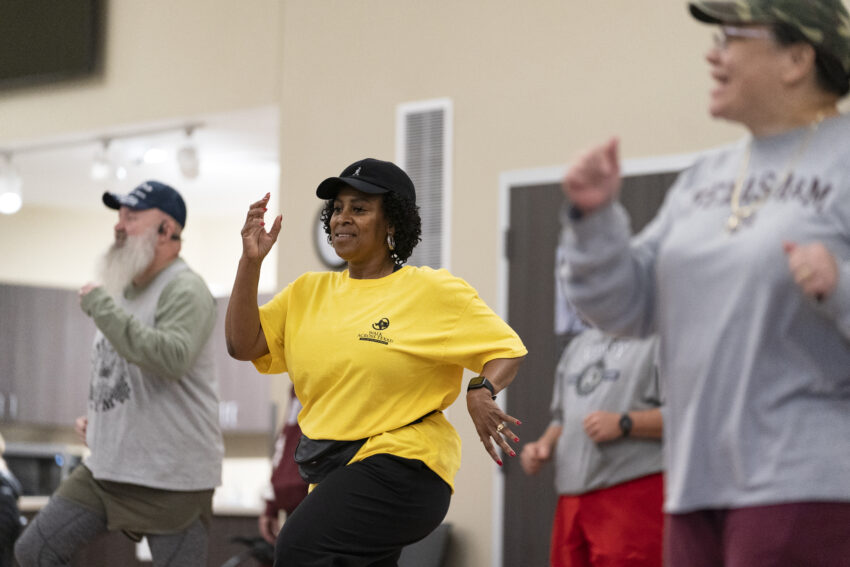Health, Nutrition & Wellness
We provide educational resources and offer in-person programs that promote long-term health and wellness for Texans of all ages. Common topics include disease prevention, fall prevention, mental health, nutrition, physical activity and much more.
Related Departments: Food Science & Technology, Nutrition

Step Up Scale Down

Learn About
Health, Nutrition & Wellness
Publications
Programs
All Resources on Health, Nutrition & Wellness
- Course
In this course, Early Childhood Educators (ECE) will be provided an overview of social emotional learning in preschoolers with special emphasis on teaching children to learn, regulate emotions and be resilient.
- Course
Policies and procedures related to health and safety practices are a key component of high quality care. Reflect on laws, regulations, and procedures regarding health and safety practices. Recognize symptoms of common childhood diseases and understand how to implement procedures to prevent them.
- Course
During play, children escape the constraints of reality where the usual meanings of objects can be ignored and new meanings substituted. Explore the definitions and theories important to the concept of play, appropriate play materials and how to support learning and play in early childhood classrooms.
- Course
This training discusses Phase 3 of the Coronavirus Aid, Relief, and Economic Security (CARES) Act as it relates to economic assistance for agricultural operations.
- Course
This course covers the Coronavirus Food Assistance Program, or CFAP. This program provides direct assistance to agricultural producers who have experienced losses due to COVID-19.
- Course
This course explains the distribution of the CARES Act Funding to state and local governments, small businesses, homeland security, healthcare providers, labor, education, and arts organizations, justice and police departments, the Department of Housing and Urban Development, agriculture and food programs, and education institutions.
- Course
Developmentally appropriate preschool STEM (science, technology, engineering and math) experiences give young children opportunities to develop divergent thinking, problem solving, and cause and effect. Experiences have great potential to affect brain development during the crucial early childhood window of opportunity.
- Course
“Getting the wiggles out” is not the sole purpose of outdoor play. This course helps teachers understand the importance of outdoor play and how to make it a priority. Safety aspects such as playground standards
- Course
Literacy skills are essential to success. Students who enroll in this course will learn about the various components of emergent literacy, strategies for promoting early literacy development in children, and how to create a literacy-rich early childhood environment. This course qualifies for 1 clock hour of credit.
- Course
Children use their senses to explore the world. More than just seeing or noticing, through science, children can determine how important or unimportant an observation is. Enrich the sensory table, beyond digging and pouring. Build an “Observation Station” with simple, sensory-rich explorations preschoolers will love.